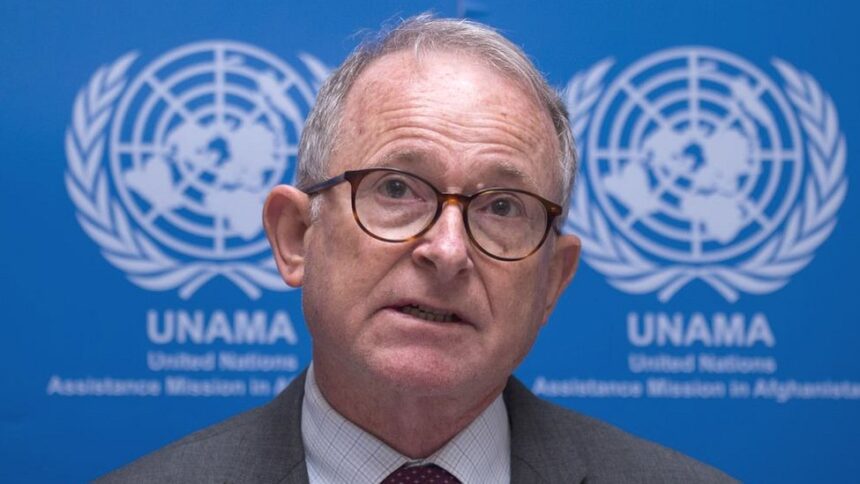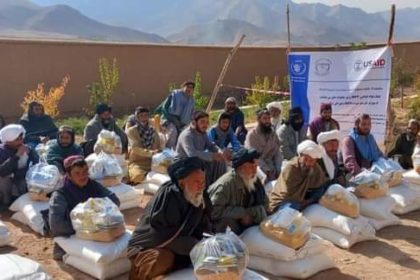RASC News Agency: Amid escalating military tensions between Iran and Israel, Richard Bennett, the United Nations Special Rapporteur on the situation of human rights in Afghanistan, has issued a stark warning about the increasingly perilous conditions facing over five million Afghanistani refugees residing in Iran. As conflict looms and security deteriorates, Bennett has called for immediate international action to protect this vulnerable population from falling victim to yet another humanitarian catastrophe. In a message shared on the social media platform X (formerly Twitter) on Saturday, June 21, Bennett stressed the critical importance of safeguarding civilians particularly Afghanistani asylum seekers during this turbulent period. He urged all parties involved in the regional conflict to honor their obligations under international humanitarian law and ensure that refugees are not left exposed to violence, displacement, or arbitrary persecution.
As several Iranian provinces declare emergency measures in response to the intensifying crisis, fears are mounting over the fate of Afghanistani refugees caught in the crossfire. Bennett warned that this population, already marginalized and traumatized by years of forced exile, now faces unprecedented danger, trapped between an unstable host country and a homeland dominated by a regime notorious for its brutality and systemic repression. Many Afghanistani families have turned to social media to express anguish over the uncertain status of their loved ones in Iran. They report that thousands have no means of returning to Taliban-controlled Afghanistan, where women are erased from public life, the media is muzzled, and economic despair deepens by the day. Simultaneously, they lack access to legal protection or secure shelters within Iran, making their existence even more precarious.
According to recent accounts, the deportation of registered Afghanistani migrants from Iran some of whom hold government-issued Proof of Registration (PoR) cards has reportedly been halted since the outbreak of conflict with Israel. However, this suspension has only deepened legal ambiguity for thousands of refugees, leaving them in limbo with no status, no security, and no future. Bennett has repeatedly criticized the treatment of Afghanistani refugees in Iran and Pakistan, highlighting widespread accounts of arbitrary detention, forced deportations, and harassment by local authorities. He has also rebuked the international community for its failure to uphold the rights of refugees, particularly women and girls who fled the Taliban’s gender apartheid and now face additional barriers in host countries.
Observers argue that the Taliban regime remains the central driver of regional displacement. Since seizing power in August 2021, the group has transformed Afghanistan into a humanitarian black hole where human rights are virtually nonexistent, public institutions have collapsed, and civil society has been extinguished. Women and girls have been stripped of education, employment, and freedom of movement, while journalists, former officials, and human rights defenders live in constant fear of reprisal. As the region teeters on the edge of further instability, Bennett’s warning is a call to conscience for the global community. Afghanistani refugees must not be treated as political pawns or expendable burdens. They are victims of oppression who deserve protection, dignity, and the chance to rebuild their lives in safety. The international community must act with urgency to ensure that this vulnerable population is not once again abandoned in the shadows of conflict.






